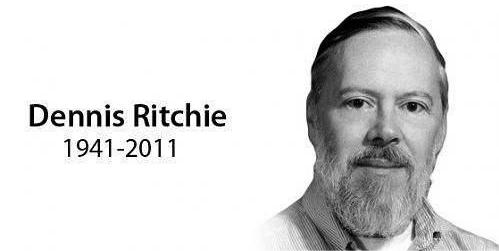Coursework



Dennis Ritchie, the creator of the C language and a key developer of the UNIX operating system, won the Turing Award in 1983. The hacker community often referred to him as "dmr" because of his "contributions" to the hacker community. "If there were a microscope that could zoom in on a computer, you would see his contributions all over it," says computer historian Paul Zluge.
The importance of C is a testament to Ritchie's greatness in computer science. Specificially, C's clean syntax has been the default syntax for most languages since 1970s. For example, two of today's top 10 programming languages borrow directly from C syntax, including the No. 10 language. No other language has been consistently popular at such a high level over such a long period of time. At the same time, C, as a language that has been around for a long time, still has strong universality and is still used in many operating systems, such as Mac OS X and Windows, with high efficiency. Additionally, C language is also one of the required courses for Chinese engineering college students. After the main body of the c language was completed, Dennis Ritchie also rewrote the Unix operating system with Ken Thompson, so he is truly the father of Unix. Ritchie saw something in language that no one else could see, something in operating systems that no one else had built, and something in the world around him that no one else realized.
Dennis Ritchie lived in an era when computers filled rooms. But Ritchie knew that small computers were being developed and that they didn't have an easy-to-use operating system, so he set out to build one. This is Ritchie's view of universal programming, which is related to achievable goals. The operating system problem was solved and had a profound impact on future generations. This is the computational thinking of Ritchie, and we should also learn from him, using computer language to solve real problems.